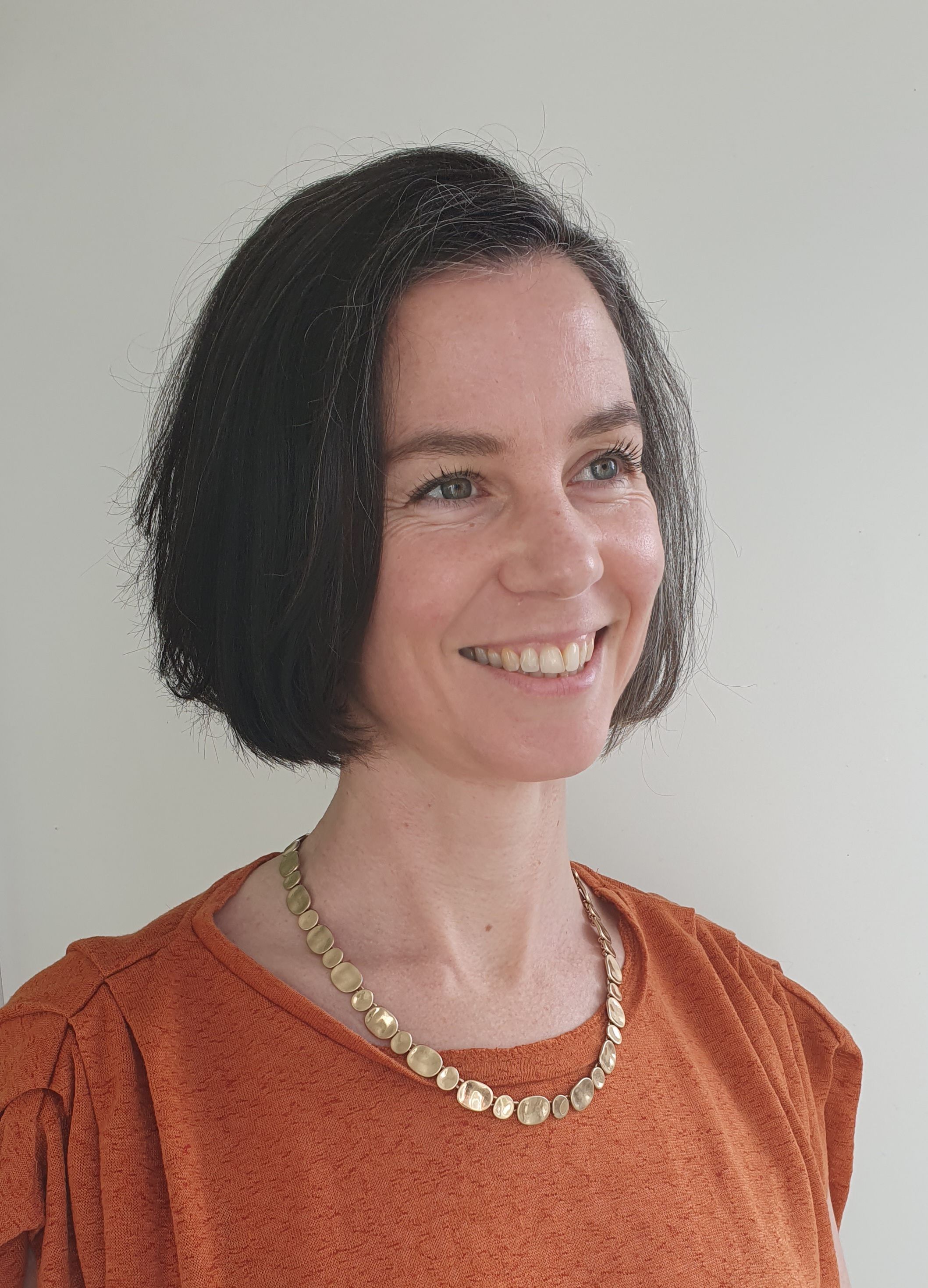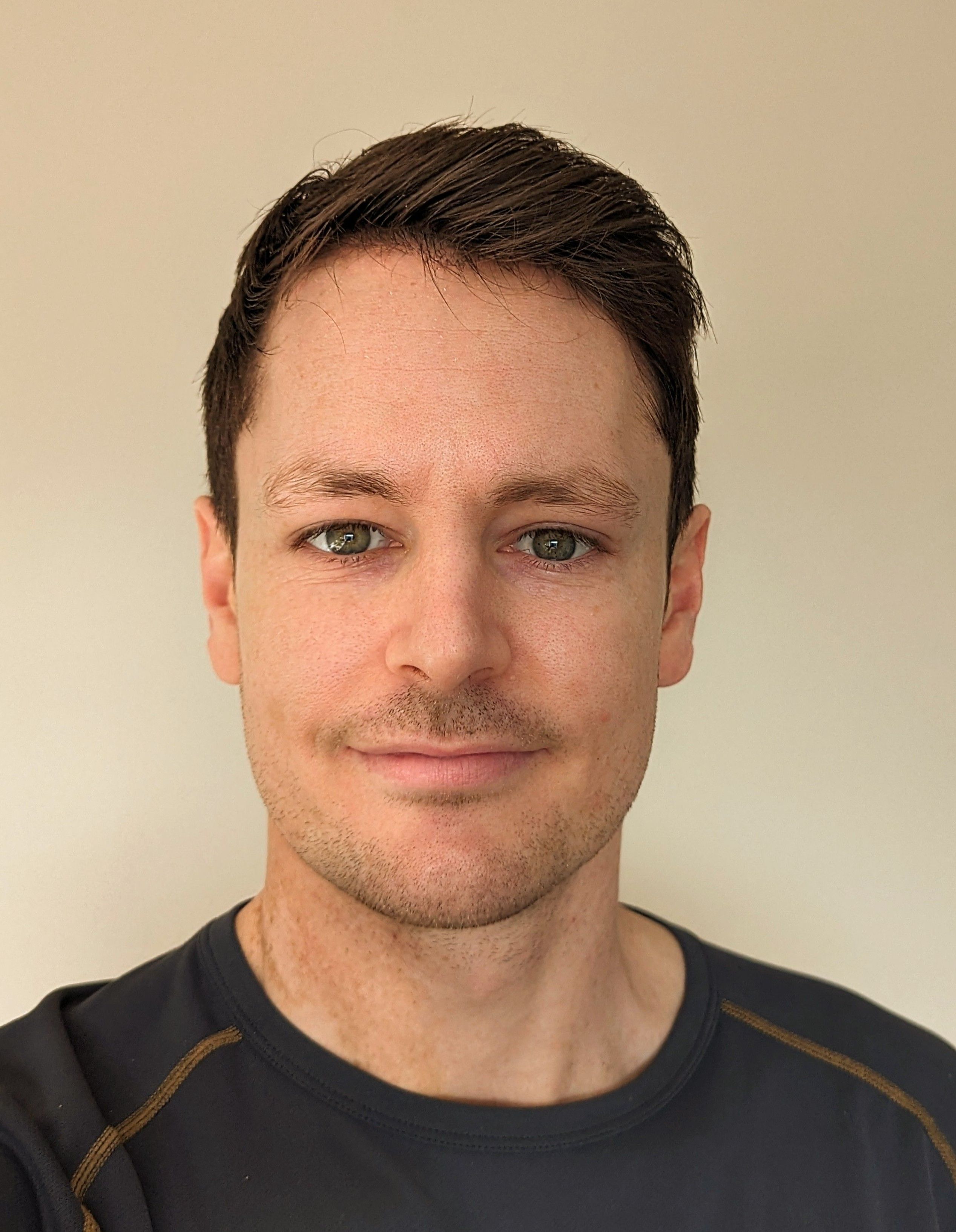About

Evaluating Complexity
This website has been set up to share the methods, tools, and resources we are using in the evaluation of a complex programme of work funded by Sport England to increase physical activity. We aim to document our experience, encourage, and enable others to use the tools for evaluating complex adaptive systems.
Whole-systems and place-based approaches
Since 2017, Sport England has invested in a variety of communities across England to address inequalities in, and barriers to, physical activity. These investments are an important part of its ambitious ten-year vision to transform lives and communities, Uniting the Movement.
Sport England’s approach aims to support physical activity at different levels – from individual to social environment, organisations, institutions, physical environments, and policy.
This is known as a ‘whole systems approach’ - recognising that tackling inactivity at scale and achieving meaningful impact requires changes at these multiple levels.
When a whole systems approach is rooted in the distinctive characteristics and insights of people who live and work there, it is referred to as a ‘place-based approach’.
The challenge of evaluating complexity
Assessing the complex nature of whole-systems and place-based approaches is not possible through evaluation methods that look at an intervention in isolation. This is because these approaches are composed of multiple components and are shaped by their specific local surroundings – in other words, they are complex adaptive systems.
Understanding complex adaptive systems requires evaluation methods that can take into consideration the role of context, the different components of the system, and how they interact.
Configurational Comparative Methods and Evalc3
Throughout 2023-25, the National Evaluation and Learning Partnership will conduct a collaborative evaluation of several whole-systems and place-based approaches - identifying factors that promote an increase in physical activity and reduce inequalities across places.
The evaluation will be carried out using Configurational Comparative Methods (CCM) - a research method that has been recommended by the UK government to evaluate complex public health interventions, policy and programmes.
We are using the Evalc3 tool developed by Rick Davies for the CCA. This tool and related resources are freely available on the website here.
Who we are
National Evaluation and Learning Partnership
The National Evaluation and Learning Partnership (NELP) is a consortium comprised of experts from Sheffield Hallam University, Hartpury and Coventry Universities, Collaborate CIC, Substance Ltd., and a consultant Dr Robin Vincent.
The consortium is working with stakeholders from Sport England, system partners (such as the Active Partnerships and the Office for Health Improvement and Disparities, and many places across the country. Our shared purpose is to support the collection and use of data for learning such that people can take better action to help achieve a population level change in physical activity.
We draw on Realist Evaluation principles to build understanding about how we can deliver positive change in the complex adaptive systems in which we live and work.
Team
Our team brings together a broad range of skills and experience in evaluation and health inequalities. Further information about who we are and what we do can be found below.
The People Involved

Leigh Brown (Lead for London & South-East)
Head of Practice at Collaborate CIC with a background in place-based research and equitable, whole-systems approaches to learning and evaluation, providing strategic support

Dr Katie Shearn
Senior Research Fellow and Lead Evaluator for the project

Dr Rick Davies
Evaluation Consultant, Cambridge, UK

Dr Shelley Kotze (Lead for South-West)
Shelley Kotze has a PhD in Geography, with a focus on urban green space design and management. Working across a range of projects which explore human interactions with nature, and has a particular interest in project evaluation and community engagement.

Louis Ryan (Lead for West Midlands, London & South East)
Research Assistant at Sheffield Hallam University, working on configurational comparative analysis project element of the NELP

Ryan Storey
Research Assistant with a background in financial elements of sport and growing interest and involvement in the evaluation of whole-systems approaches. Supporting on this project with collection, handling and analysis of data.

Eman Elzayyadi (Lead for East Midlands)
Research Assistant at Sheffield Hallam University with a background in Nutrition and Public Health. Supporting configurational comparative analysis (CCA) and data analysis within the NELP project

Dr Kev Harris (Strategic Lead for South)
Associate Professor in Sports Management at Hartpury University, supporting the configurational analysis, and translating the practices into places

Dr Thomas Harper (Lead for North East)
Researcher at Sheffield Hallam University focusing on Place Support for the North East Cluster. Tom has a PhD in History with a focus on public health policymaking and infectious disease and also works on as an Embedded Evaluator for HDRC South Tees

Emilia Baker
Place Support Team Coordinator with Collaborate CIC. Experience working with learning networks focused on reducing health inequalities

Onika Winston (Lead for East)
Project Design and Engagement Manager at Collaborate CIC with experience delivering community-led initiatives across the UK.

Dr James Woodward (Lead for Yorkshire & Humber)
Dr James Woodward Research Assistant, Sheffield Hallam University, working on Configurational Comparative Analysis of place-based approaches to physical activity inequalities.

Dr Harriet Wingfield (Strategic Lead for North)
Post Doctoral Research Fellow, Sheffield Hallam University, working on Configurational Comparative Analysis of place-based approaches to physical activity inequalities

Dr Simon Armour (Lead for North West)
Post Doctoral Research Fellow, Sheffield Hallam University, working on Configurational Comparative Analysis of place-based approaches to physical activity inequalities

